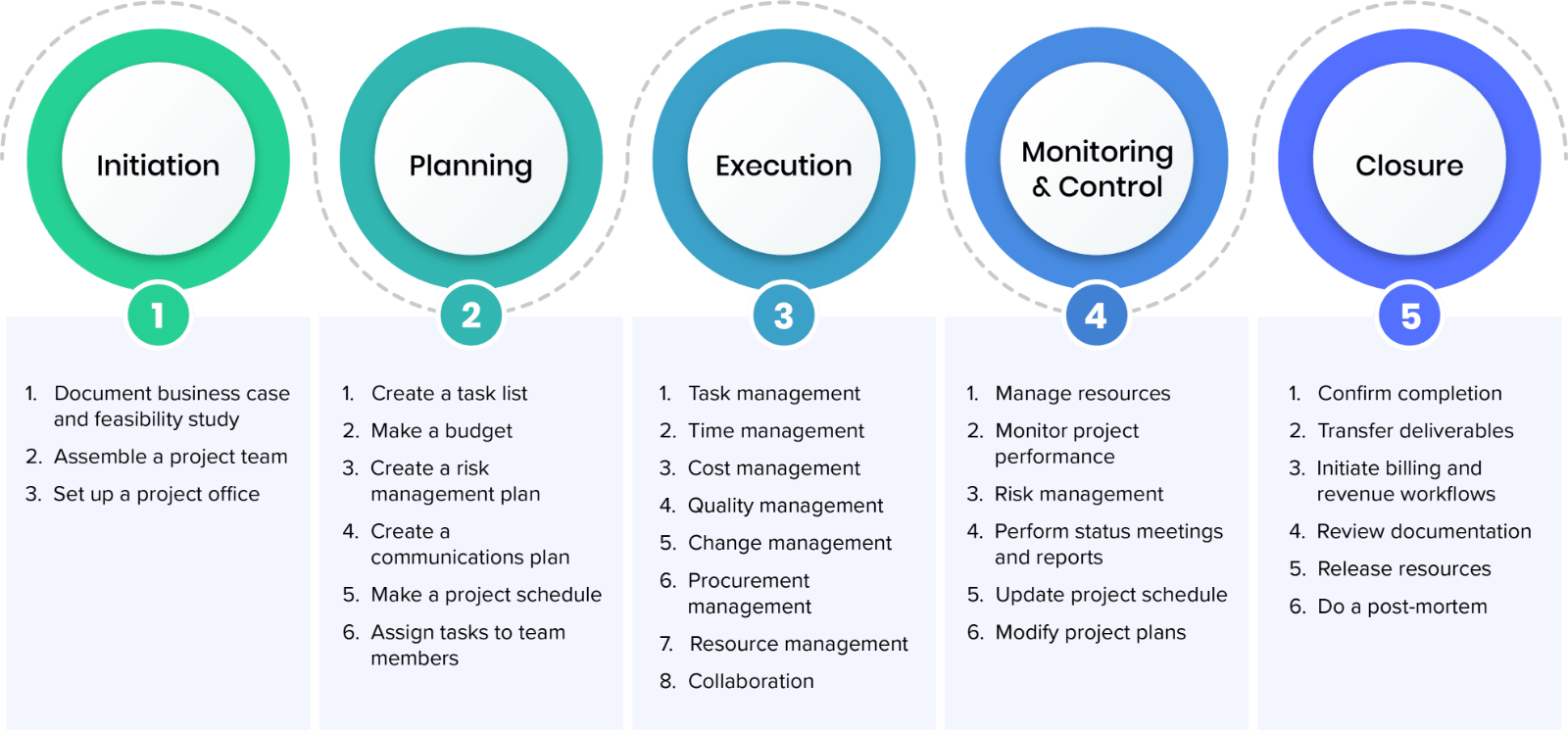
Employers want hard data and quantitative abilities, but soft skills can be just as important. These skills include problem-solving and interpersonal skills. These skills can help you land the best job. This article explains soft skills and explains why they are important. Also, it demonstrates how to make your resume more employable. After reading this article, employers will find you much easier to hire.
Effective interpersonal and critical-thinking skills
Today's job market requires interpersonal and critical thinking skills. Without these skills, your chances of being successful are low and you will not be able to do well in the job market. Here are some suggestions to help you develop these skills. These skills can be learned through volunteer work, internships or classroom activities. Harris recommends working with challenging organizations and taking on new projects.
Employers look for people who are able to work well in a team and can communicate effectively with others. You need to be able to problem-solve and think critically. These skills are valued by many companies because they help employees be more productive and happier. Soft skills are valuable to companies because they enable managers to better understand employees' work styles. Employers can also gain insight into the work style of a candidate through soft skills. These skills can help employees do their jobs better so it is important to highlight them in your resume.

Personality traits
Employers are often impressed with the behavior of a person, which can impact whether they land a job. While it can be more difficult to demonstrate these qualities than professional experience, they are essential for landing a job. Personality traits such as adaptability, flexibility, and being a good communicator are all highly valued by employers. Personality testing is also a standard part of job interviews. These personality tests help determine whether you are the right type of person to work with.
Some soft skills are preexisting, while some are learned from life experiences. Some soft skills, such as conscientiousness, are derived from a combination of dimensions, such as extraversion, conscientiousness, and emotional stability. The graph below shows the relationship between personality traits (and soft skills). This graph shows how both knowledge and soft skills can make a person a successful professional. It is clear that personality traits such as the ability to work hard and wait for gratification are related to a person’s ability to be productive.
Communication skills
Your communication skills are one of the best ways you can get ahead in corporate life. Communication skills are important for any job. Communication skills can be learned early in life and improved with practice. Many companies offer training to enhance employees' communication skills. It is essential to use the right language when communicating with people. Practice the right language in every situation.
Public speaking is an effective way to communicate your thoughts and feelings. Speaking to a group regularly helps us identify our strengths and weaknesses, and encourages us to improve communication skills. Also, feedback is crucial for our personal growth. Make sure you ask for honest feedback in order to improve your communication skills. You can also improve your communication skills by asking for feedback from others in a professional setting. It is crucial to communicate in order to achieve goals in a globalized environment. Collaboration is essential in teams.

Problem solving skills
The ability to solve problems is an indisputable skill that employers seek. It's important to be aware and able to identify the problem so that you can find solutions. These are some of the ways you can improve your problem-solving skills. Here are some ways to apply these skills to your career. Let's get started.
Begin by defining the problem. This will help you come up with solutions. You should think about all possibilities once you have identified a problem. It is possible to go deeper into the problem and identify any unintended consequences. Sometimes you feel more confident with the first solution than you do with the second. However, if you aren't sure about your solution, consider your emotional state. This will help find the best solution.
FAQ
What is the meaning of "project management?"
Management is the act of managing activities in order to complete a project.
This includes defining the scope, identifying the requirements and preparing the budget. We also organize the project team, schedule the work, monitor progress, evaluate results, and close the project.
What is the difference between management and leadership?
Leadership is about being a leader. Management is about controlling others.
Leaders inspire followers, while managers direct workers.
Leaders motivate people to succeed; managers keep workers on track.
A leader develops people; a manager manages people.
How does Six Sigma work?
Six Sigma uses statistics to measure problems, find root causes, fix them, and learn from past mistakes.
The first step is to identify the problem.
Next, data will be collected and analyzed to determine trends and patterns.
Then corrective actions are taken to solve the problem.
The data are then reanalyzed to see if the problem is solved.
This cycle continues until there is a solution.
What are the five management methods?
These five stages are: planning, execution monitoring, review and evaluation.
Setting goals for the future is part of planning. Planning involves defining your goals and how to get there.
Execution is when you actually execute the plans. These plans must be adhered to by everyone.
Monitoring is the act of monitoring your progress towards achieving your targets. Regular reviews should be done of your performance against targets or budgets.
Each year, reviews are held at the end. They provide an opportunity to assess whether everything went well during the year. If not, it is possible to make improvements for next year.
After the annual review, evaluation takes place. It helps you identify the successes and failures. It also gives feedback on how well people did.
What are some common management mistakes?
Sometimes managers make their job harder than they need to.
They may not be able to delegate enough responsibility to staff or provide adequate support.
Additionally, many managers lack communication skills that are necessary to motivate and direct their teams.
Managers set unrealistic expectations and make it difficult for their team.
Managers may choose to solve every problem all by themselves, instead of delegating to others.
What are your main management skills
No matter if they are running a local business or an international one, management skills are vital. These include the ability and willingness to manage people, finances as well resources, time and space.
Managerial skills are required when setting goals and objectives and planning strategies, leading employees, motivating them, solving problems, creating policies, procedures, or managing change.
As you can see, there are many managerial responsibilities!
Statistics
- This field is expected to grow about 7% by 2028, a bit faster than the national average for job growth. (wgu.edu)
- Your choice in Step 5 may very likely be the same or similar to the alternative you placed at the top of your list at the end of Step 4. (umassd.edu)
- The average salary for financial advisors in 2021 is around $60,000 per year, with the top 10% of the profession making more than $111,000 per year. (wgu.edu)
- As of 2020, personal bankers or tellers make an average of $32,620 per year, according to the BLS. (wgu.edu)
- The BLS says that financial services jobs like banking are expected to grow 4% by 2030, about as fast as the national average. (wgu.edu)
External Links
How To
How can you implement a Quality Management Plan?
QMP (Quality Management Plan) is a system to improve products and services by implementing continuous improvement. It provides a systematic approach to improving processes, products and customer satisfaction by continuously measuring, analysing, controlling, controlling, and improving them.
The QMP is a standard method used to ensure good business performance. QMP helps improve production, service delivery and customer relationships. QMPs must include all three elements - Products, Services, and Processes. A "Process" QMP is one that only includes one aspect. When the QMP focuses on a Product/Service, it is known as a "Product" QMP. QMP stands for Customer Relationships.
Two main elements are required for the implementation of a QMP. They are Scope and Strategy. These elements are as follows:
Scope is what the QMP covers and how long it will last. If your organization wishes to implement a QMP lasting six months, the scope will determine the activities during the first six month.
Strategy: These are the steps taken in order to reach the goals listed in the scope.
A typical QMP comprises five phases: Planning and Design, Development, Construction, Implementation, Maintenance. Each phase is explained below:
Planning: This stage determines the QMP goals and prioritizes them. To understand the expectations and requirements of all stakeholders, the project is consulted. After identifying the objectives, priorities and stakeholder involvement, it's time to develop the strategy for achieving the goals.
Design: During this stage, the design team develops the vision, mission, strategies, and tactics required for the successful implementation of the QMP. These strategies can be implemented through the creation of detailed plans.
Development: The development team is responsible for building the resources and capabilities necessary to implement the QMP effectively.
Implementation: This refers to the actual implementation or the use of the strategies planned.
Maintenance: This is an ongoing process to maintain the QMP over time.
The QMP must also include several other items:
Stakeholder Engagement: It is crucial for the QMP to be a success. They should be involved in planning, design, development and implementation of the QMP.
Project Initiation: It is essential to have a clear understanding about the problem and the solution before you can initiate a project. This means that the initiator should know why they want something done and what they hope for from the end result.
Time frame: It is crucial to know the time frame for the QMP. The simplest version can be used if the QMP is only being implemented for a short time. If you're looking to implement the QMP over a longer period of time, you may need more detailed versions.
Cost Estimation: Another important component of the QMP is cost estimation. Planning is not possible without knowing the amount of money you will spend. The QMP should be cost-estimated before it can begin.
QMPs should not be considered a static document. It changes with the company. It should be reviewed regularly to ensure that it meets current needs.